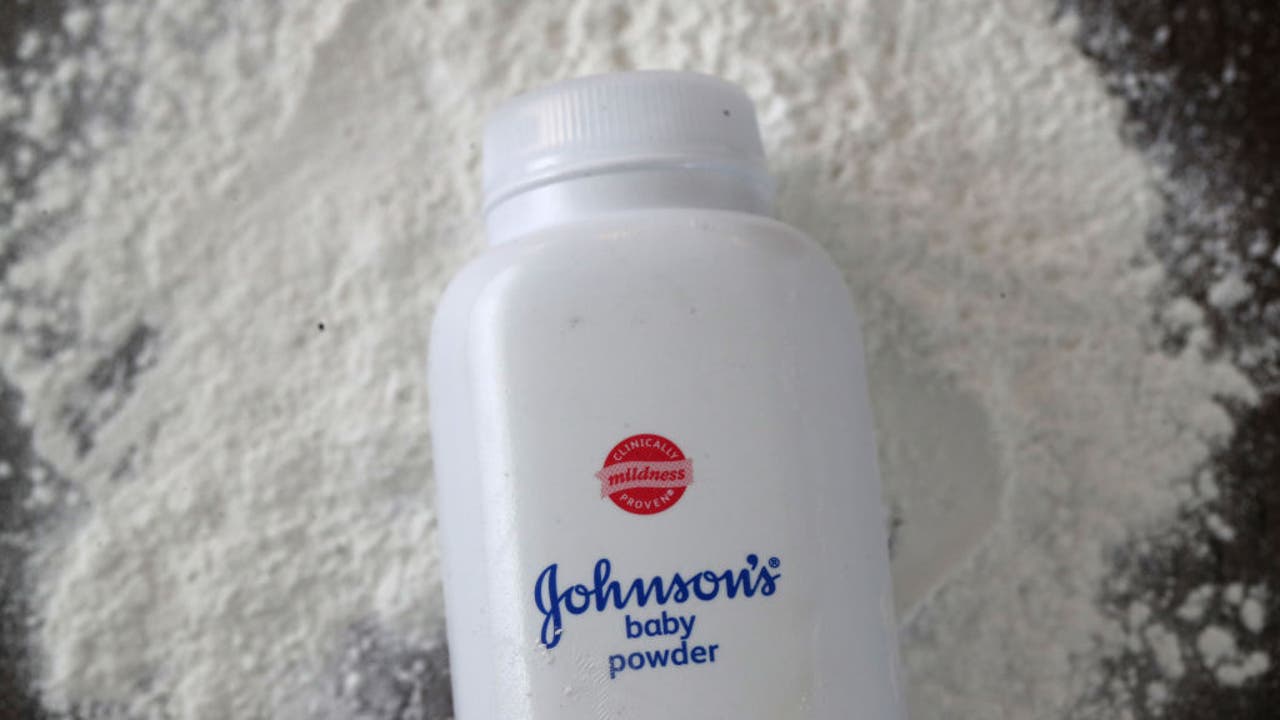The US Supreme Court has declined to hear Johnson & Johnson’s appeal over a pay-out to women who alleged that its talcum powder contained asbestos and caused them to develop ovarian cancer.
The healthcare giant must pay $2.1bn (£1.5bn) in damages to the women.
The top US court did not comment on its decision, but has left in place a 2018 verdict that favoured them.
Johnson & Johnson (J&J) said decades of independent research show the product is safe.
The company asked the court to review the penalty it had been given after it was upheld in Missouri in 2020.
The Missouri Court of Appeals ruled against J&J’s request to throw out the compensation and punitive damages awarded to the women, but reduced the total pay-out from the $4.7bn originally decided by a jury.

J&J argued that it should not have to defend itself in a case involving 20 women from different states, backgrounds, and who used its products to different degrees.
The healthcare giant said: “The decision by the court to not review the Ingham case leaves unresolved significant legal questions that state and federal courts will continue to face on issues related to due process rights and personal jurisdiction.
“The Supreme Court has many times said that its decision to deny hearing a case expresses no view on the merits whatsoever, and we continue to believe that our view of the law and the facts will ultimately prevail,” it added.
It also pointed out that the matters in front of the court were related to legal procedure, not safety.
“Decades of independent scientific evaluations confirm Johnson’s Baby Powder is safe, does not contain asbestos, and does not cause cancer,” it said.
It has been at the centre of claims for many years that its talcum powder contains carcinogens.
The brand has always strenuously defended the product’s safety.
However, it removed its talc-based baby powder from sale last year in the US and Canada, saying that sales had shrunk partly because of a “constant barrage” of advertising by lawyers seeking clients to claim against the company.
Talc is mined from the earth and is found in seams close to that of asbestos, a material known to cause cancer.
About 20,000 people in the US have so far lodged claims against the company, it said at the time.
The firm’s baby powder it still sold in the UK and in other markets around the world, where it says there is still significant demand.